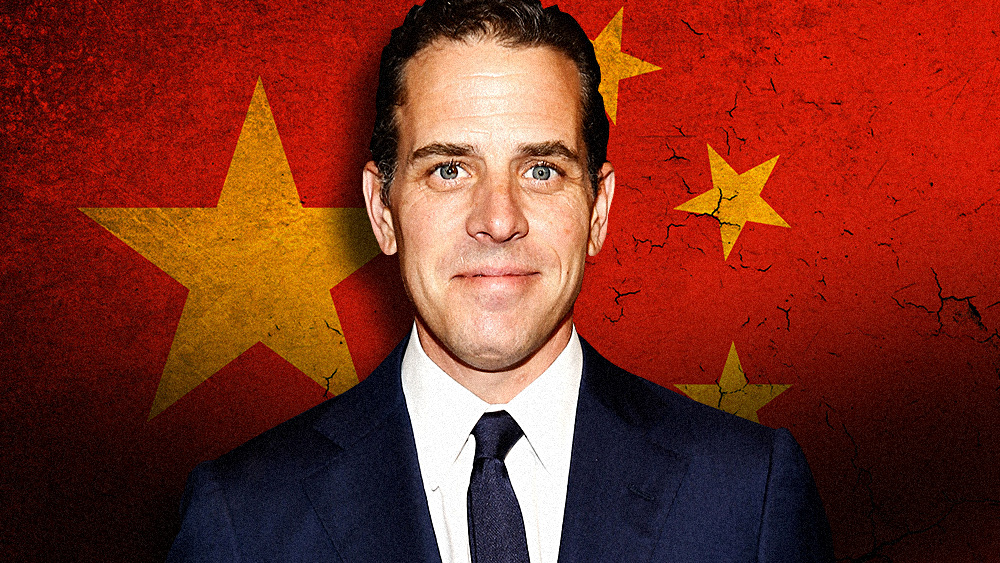NOW OR NEVER: Japanese PM Kishida calls for urgent action to halt population collapse
01/25/2023 / By Belle Carter

Japanese Prime Minister Fumio Kishida recently announced that the nation must take urgent steps to address the country’s declining birth rate, saying it was “now or never” for the world’s oldest society.
“Our nation is on the cusp of whether it can maintain its societal functions,” Kishida said in a policy speech at the opening of the National Diet’s 2023 parliamentary session. “It is now or never when it comes to policies regarding births and child-rearing – it is an issue that simply cannot wait any longer.”
According to official records, births in Japan plummeted to a new record low in 2022, dropping below 800,000 for the first time, which came eight years earlier than the government had expected with 1.3 children per woman. This is far below the 2.1 required to maintain its current population. Nikkei Asia reported that the nation’s population peaked in 2008 at 128 million, but by 2060, Japan’s current population of 125 million is projected to shrink to just 86.7 million.
In recent years, the nation’s government has been urging its people to have more children by incentivizing them with cash bonuses and better benefits. But according to YuWa Population Research, Japan remains one of the most expensive places in the world to raise a child, behind only China and South Korea, which are countries also seeing shrinking populations worrying signs for the global economy. (Related: Study finds correlation between COVID-19 vaccines and plummeting birth rates in Europe, Australia and Asia.)
Kishida said he would submit plans to double the budget for child-related policies by June, and that a new Children and Families government agency to oversee the issue would be set up in April.
According to FirstPost, the high living costs combined with slow-moving wage increases may have discouraged young people from starting families, despite promised subsidies. Reports said that women choosing to work and study in increasing numbers, and easier access to contraception also play a role.
Meanwhile, the country has maintained strict immigration policies limiting the number of people able to settle in Japan. Experts say its government needs to relax its approach in order to offset the rapidly declining population. In recent years, the government has been tinkering with the laws to allow more foreigners to live and work in the country along with their families.
Japan’s aging population strains its healthcare, social security systems
Al Jazeera reported that about 28 percent of Japanese are over the age of 65, and this adds up to the reason for the shrinking population.
According to DW, Japan’s Ministry of Health, Labor and Welfare is expected to make “significant changes” to the country’s pension scheme, which may include an increase in the fees to be paid for the national healthcare system as well as extra fees for medical treatment.
“The fairness of access to healthcare in Japan is the best in the world because everyone from the very rich to the very poor has access to health services,” Haruko Noguchi, a healthcare economics specialist from Waseda University in Tokyo, told the German news portal.
She remarked that Japan’s healthcare system won’t be sustainable in the long run because while the current situation can be managed, “the ratio of old people of 65 and older will have increased sharply” by 2040.
“The ‘baby boomers’ are reaching retirement age, and I do not think the system we have at the moment for funding health care is sustainable.”
Other countries are also coming to grips with aging and shrinking populations. Last week, China reported that its population dropped in 2022 for the first time in 60 years.
Visit PopulationCollapse.com for more news related to the shrinking populations of several nations.
Watch Dr. Naomi wolf warn about the repercussions of 13 European Union countries seeing an alarming birth rate drop.
This video is from the GalacticStorm channel on Brighteon.com.
More related stories:
Demographers warn of looming population collapse.
Sources include:
Submit a correction >>
Tagged Under:
aging population, big government, bubble, chaos, Collapse, declining birth rate, depopulation, Fumio Kishida, health care, Japan, national security, panic, pensions, population collapse, population decline, Retirement, risk, shrinking population
This article may contain statements that reflect the opinion of the author
RECENT NEWS & ARTICLES
COPYRIGHT © 2017 NATIONAL SECURITY NEWS




















